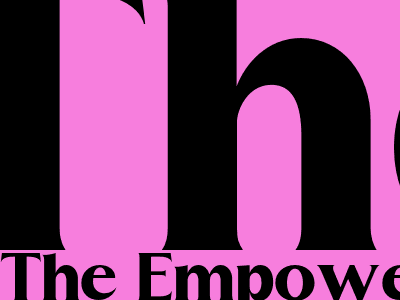
Empowering Women: A Call for Gender Equality and Social Justice
Breaking Barriers and Unleashing Potential
The empowerment of women is an imperative that transcends geographical boundaries, cultural norms, and socio-economic disparities. It is a fundamental human right and a cornerstone for inclusive and sustainable development.
By empowering women, we break down systemic barriers that have historically hindered their full participation in society. We create opportunities for women to access education, healthcare, and economic empowerment, enabling them to make informed decisions about their lives and contribute meaningfully to their communities.
When women are empowered, their families, societies, and nations prosper. Studies have consistently shown that investing in women pays dividends in improved health outcomes, increased economic productivity, and reduced poverty.
Education: The Key to Liberation
Education is a powerful tool for women's empowerment. It unlocks opportunities for them to acquire knowledge, develop critical thinking skills, and gain a voice in shaping their own destinies.
Empowering girls and women through education means providing access to quality education at all levels, from primary to tertiary education. It also entails creating safe and supportive learning environments, where girls feel empowered to speak up, pursue their interests, and aspire to leadership roles.
By investing in girls' education, we invest in the future of our societies. Studies have shown that educated women are more likely to be healthy, economically independent, and actively involved in decision-making processes.
Economic Empowerment: Empowering Women through Work
Economic empowerment is essential for women's independence and self-determination. It provides them with the ability to make financial decisions, control their own resources, and contribute to their households and communities.
Empowering women economically means providing equal access to employment opportunities, fair wages, and decent working conditions. It also entails dismantling discriminatory practices in the workplace and promoting policies that support women's entrepreneurship and financial inclusion.
When women are economically empowered, they gain bargaining power within their families and communities, and contribute to economic growth and sustainable development.
Political Participation: Giving Women a Voice
Political participation is a cornerstone of women's empowerment. It enables them to voice their concerns, influence decision-making processes, and hold leaders accountable.
Empowering women politically means ensuring their equal participation in political institutions, from local councils to parliaments and governments. It also entails promoting women's leadership and representation in all spheres of political life.
When women are empowered politically, they become agents of change, working to create more equitable and just societies.
Social Empowerment: Breaking the Barriers
Social empowerment is about breaking down the social, cultural, and traditional barriers that limit women's full participation in society. It is about changing attitudes, challenging stereotypes, and promoting respect for women's rights and dignity.
Empowering women socially means addressing issues such as gender-based violence, early marriage, and unequal property rights. It also entails promoting women's rights and interests in the media, in the arts, and in other spheres of cultural and social life.
When women are socially empowered, they are able to live freely, safely, and with dignity, free from discrimination and violence.
Conclusion: A Call to Action
Empowering women is not just the right thing to do; it is a smart investment in our collective future.
By investing in women's education, economic empowerment, political participation, and social empowerment, we create a more just, equitable, and sustainable world for all.
Let us all be champions of women's empowerment, and work together to break down the barriers that have held women back for far too long.